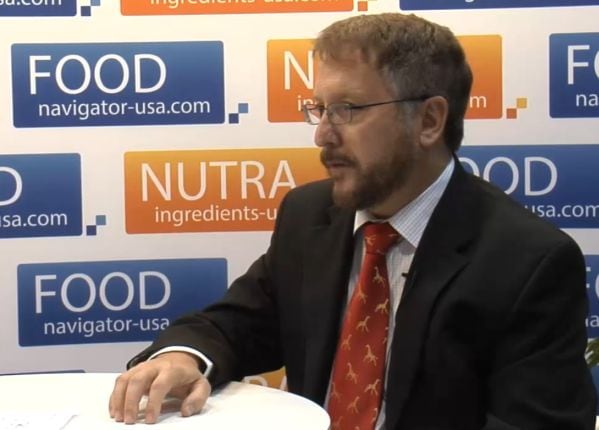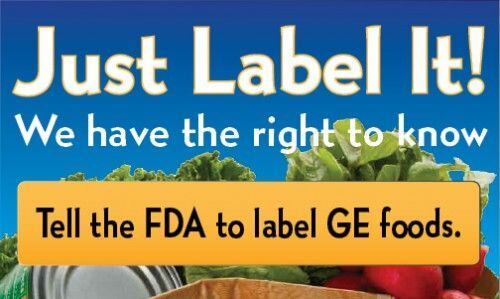The FactsAboutGMOs website contains mainly links to third party sources of information on GM crops and follows the launch of GMO Answers, a site developed by members of the Council for Biotechnology Information.
The websites are the latest in a series of moves from industry to try to change the conversation about GM foods, which has become increasingly polarized in recent months as state-level initiatives calling for the labeling of foods from GM crops have gained momentum.
Whether there is any middle ground in this debate remains to be seen, however, with a recent report from Packaged Facts noting: “Much of the back and forth on the benefits and dangers of GMO ingredients and foods has passed beyond being a reasonable discussion of scientific data into a public relations battle between two sides trying to control a narrative.”
GMA: GM technology helps reduce the price of crops used for food
According to the GMA, which says it will “continue to advocate for the continued safe and effective use of agricultural biotechnology”, GM crops require fewer pesticides, less water and keep production costs down.
“GM technology helps reduce the price of crops used for food, such as corn, soybeans and sugar beets by as much as 15-30%", said GMA president Pam Bailey, adding that 70-80% of the foods consumed in the US contain ingredients from GM crops.
Meanwhile, the broad consensus among regulatory, scientific and government bodies - from the American Medical Association to the World Health Organization, Health Canada, the FDA, USDA and the National Academy of Sciences - is that foods from GM crops are safe for human consumption, she added.
Plant geneticist: We’ve been genetically modifying our crops for centuries

Speaking to FoodNavigator-USA at the IFT show in Chicago in July, plant geneticist Dr Wayne Parrott, professor of Crop Science at the University of Georgia, said that the focus of any debate on GM crops should not be on GM technology per se, but whether the food crops it generates have unique characteristics and attributes that may present risks. (Click here to watch the video.)
Dr Bruce Chassy, Professor Emeritus of Food Science at the University of Illinois at Urbana-Champaign, added that there is nothing ‘natural’ or inherently safer about conventional (non-GM) animal or plant breeding, which uses techniques from inducing mutations in the DNA of the crop via x-rays, to chemical mutagenesis. (Click here to watch the video.)
Dr Chassy: None of the animals and plants we eat today exist in nature, they have all been extensively genetically modified
He added: “I don’t even think that the phrase ‘genetically modified’ is really appropriate since none of the animals and plants we eat today [produced using ‘conventional’ or non-GM agricultural techniques] exist in nature, they have all been extensively genetically modified. So it’s foolishness to talk about bioengineered crops as ‘GM foods’.”
Indeed, “conventional breeding is probably riskier as it’s black box stuff”, he said, while GM techniques are “far more precise”.

Asked about the issue of weeds developing resistance to glyphosate (Monsanto’s Roundup herbicide), Dr Parrott said that this was not a problem unique to GM crops, adding:“Ever since there has been agriculture, farmers have had an arms race with weeds."
“Every 10 years or so they have to find a new herbicide to maintain its usefulness, and in that regard GMOs are no different."
However, non-GMO campaigners argue that GM foods are over-hyped, untested, unlabeled and potentially damaging to the environment and to health, and say consumers have a right to know what's in their food via clear labeling on pack.
Click here to watch our interview with Ken Roseboro, publisher of the organic and non-GMO report.
Click here to access the GMA's new website.
Click here to access the Just Label IT website.
Click here to see the No to I-522 site run by opponents of the I-522 GMO labeling proposal in Washington State.
Click here to see the Yes to I-522 site from supporters of the I-522 GMO labeling proposal in Washington State.
Click here to read all of our latest coverage on GM crops and GMO labeling.
